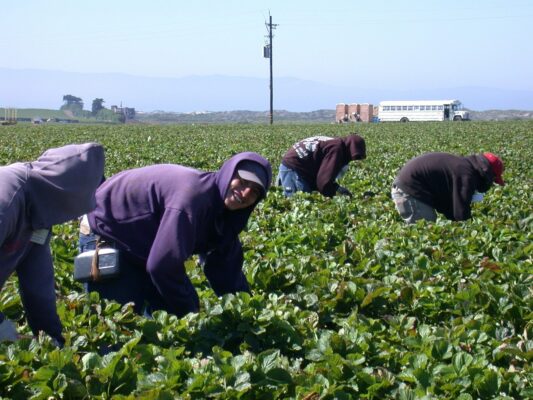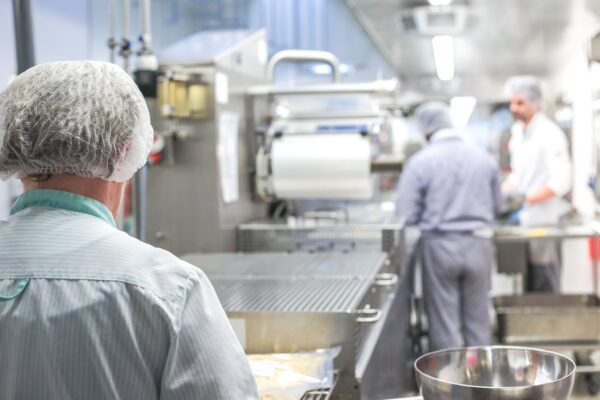Brita Ball, Food Safety culture expert, Canada
Foodborne illness outbreaks in Vietnam continue to occur despite improved food safety laws. One way to address this problem is to improve food safety culture across the food value chain throughout the country.
Safe food is everyone’s business. From my perspective as a food safety specialist and Canadian researcher in food safety culture, I believe that Vietnamese culture is well suited to improving food safety culture on a broad scale. Vietnamese values of respecting others and being loyal to families, communities and country can guide people to keep food safe across the food value chain.
- When we respect others, we do what is right to protect the food in our care from becoming unsafe to eat. We also take steps to reduce or remove food safety hazards where possible.
- When we are loyal to others and our country, we avoid putting lives and livelihoods at risk because we follow proper practices consistently. Proper practices help protect all people, especially the elderly, very young, pregnant women and people who are ill. Correct practices can also improve the reputation of Vietnamese food supply.
- When we learn about food safety and willingly follow correct food production and food handling practices, everyone will become confident in the safety of Vietnamese foods.
Correct practices for safe food
Specific food handling practices vary across the food value chain. However, here are some common practices that help improve food safety culture. These may apply to farming, fisheries, food processing, markets, catering, other food businesses and at home:
Choose products wisely
- Identify trusted suppliers and buy your inputs, ingredients and/or finished products from them.
Be clean and healthy
- Ensure that everyone who handles food in your operation or home are committed to following follow good food handling practices and never handle food when they are ill.
Use correct, cleanable tools and equipment
- Use utensils, tools, equipment and facilities that are appropriate and safe for food. They should be easily cleaned and kept in good repair to prevent food safety issues.
Learn and follow food-safe procedures for your sector and role
Examples of food-safe procedures include:
- Measure and apply safe amounts of chemicals and follow correct waiting periods before harvest or slaughter to become a trusted supplier.
- Implement good manufacturing practices and HACCP to reduce the food safety risk of your product and increase consumer confidence in Vietnam’s food supply.
- Follow proper procedures to clean utensils, tools, equipment and facilities. This can prevent food safety problems that could ruin your company’s or your own reputation.
- Check food temperatures to ensure food is cooked hot enough to kill parasites and harmful germs in catering, street vending and at home. Learn the correct temperature for the food you are cooking.
- Keep cooked and ready-to-eat foods separated from uncooked food and unclean utensils and equipment. This will prevent accidental contamination that could harm consumers and your reputation.
- Store foods at temperatures that prevent bacteria from growing and making food unsafe wherever it is in the food value chain. Keep high-risk, perishable foods in the refrigerator at 0°C to 4°C, or keep them above 60°C.
The Vietnamese culture supports safe food for all. By having a positive attitude about implementing safe food handling practices wherever you are across the food value chain, and by encouraging others to do the same, you can help improve Vietnam’s food safety culture.
What do you need to learn and do to improve food safety culture? Your actions could help keep families safe from foodborne illnesses and protect food businesses that support communities and contribute to prosperity in Vietnam.




